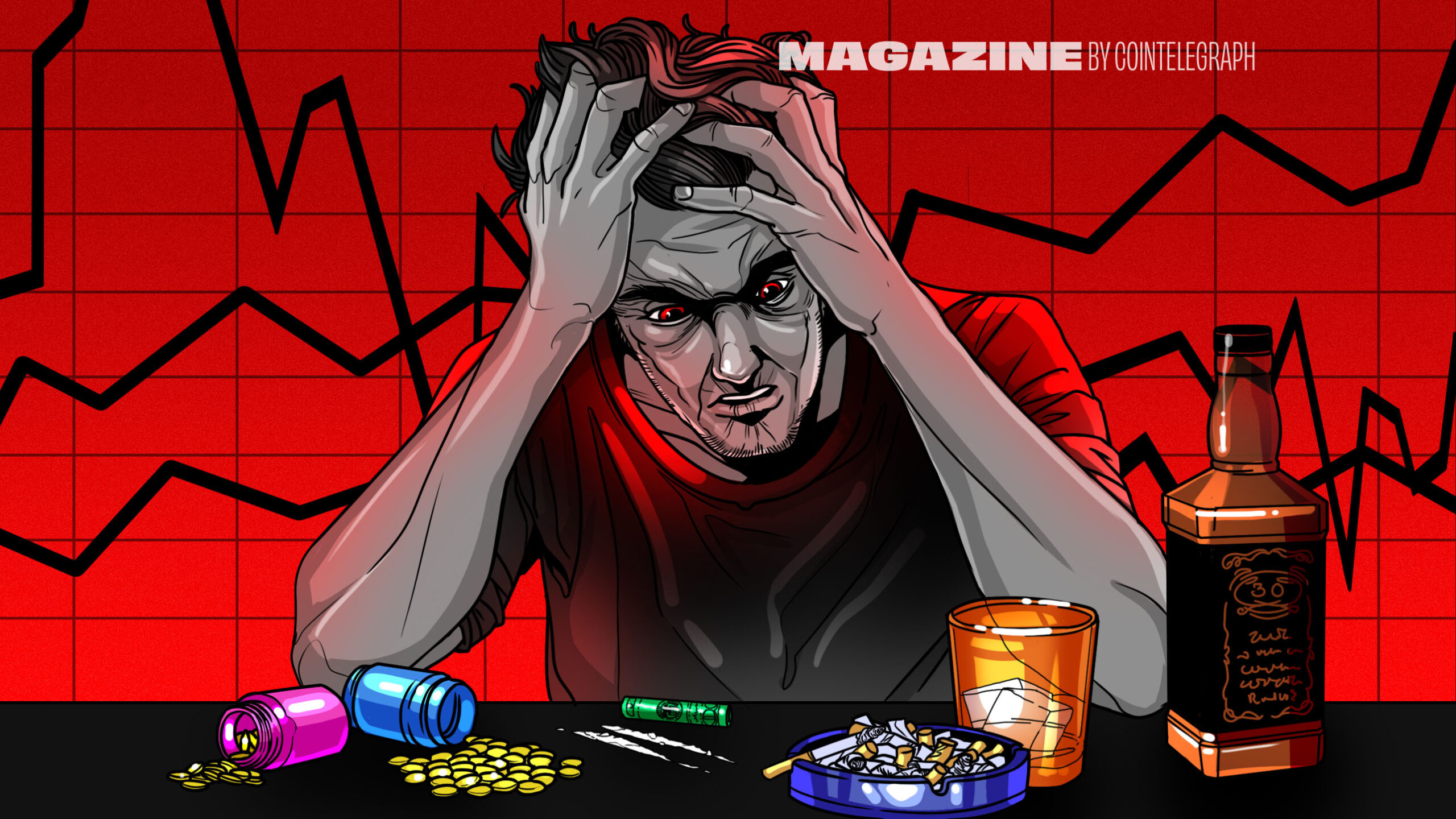Although documented statistics about cryptocurrency trading and substance abuse are hard to come by, addiction experts are treating an i
Although documented statistics about cryptocurrency trading and substance abuse are hard to come by, addiction experts are treating an increasing number of crypto traders.
Abdullah Boulard, founder and CEO at The Balance Luxury Rehab, tells Magazine that a number of crypto traders struggle with substance abuse. “Our client base is diverse, but this is a unique demographic that we’ve seen an increase in over the recent years,” Boulard says.
According to Boulard, the high intensity of cryptocurrency trading combined with 24/7 accessibility encourages some to use stimulants to keep up the pace. “Substances like amphetamines, cocaine and even excessive caffeine use are common among these individuals,” says Boulard.
Caroline Ellison, the former CEO of Alameda Research, tweeted about the use of stimulants in April 2021.
nothing like regular amphetamine use to make you appreciate how dumb a lot of normal, non-medicated human experience is
— Caroline (@carolinecapital) April 5, 2021
New York Magazine subsequently reported that a successful trader who met with Ellison commented about her use of stimulants and their overall effects on members of the community. “Crypto really fucked with a lot of people’s perceptions of money. A lot of stuff doesn’t feel real. And if you add speed …”
Prior to that, in September 2019, the former CEO of disgraced cryptocurrency exchange FTX, Sam Bankman-Fried, tweeted about his use of stimulants and sleeping pills.
a) stimulants when you wake up, sleeping pills if you need them when you sleep.
b) be mindful of where your headspace is: I often nap in the office so that my mind doesn’t leave work mode in between shifts.— SBF (@SBF_FTX) September 15, 2019
What goes up, must come down
Boulard also sees a lot of patients who use benzodiazepines. Street-named “downers” or “benzos,” benzodiazepines include commonly used drugs like Xanax, Valium and Ativan.


He believes that traders use these prescription drugs to cope with anxiety and insomnia, symptoms likely created by the highs and lows of trading and by the use of the stimulants. Boulard says that alcohol is used for the same purpose.
Dr. Lawrence Weinstein, chief medical officer at American Addiction Centers agrees. Weinstein tells Magazine, “Alcohol use disorder is also common among those with a gambling disorder, of which cryptocurrency trading is a subtype.”
Although some patients who have come through Weinstein’s programs don’t necessarily meet the clinical diagnostic criteria for a gambling disorder, they do have a history of cryptocurrency trading experience and typically present with an alcohol use disorder, stimulant use disorder or both.
What’s the link?
Cryptocurrency trading addiction is increasingly becoming a problem for some members of the community. According to Weinstein, compulsive trading addiction and substance abuse can go hand in hand. “Behavioral addictions and substance addictions have a lot of overlap in terms of risk factors, but especially from a neurobiological standpoint,” Weinstein says.
A 2022 case study authored by Dr. Harun Olcay Sonkurt of Anadolu Hospital in Turkey presents a 30-year-old research student addicted to cryptocurrency trading and alcohol. The student started out trading Bitcoin and soon added altcoins to his portfolio. After just a few months, he started to trade margins and subsequently lost more than two year’s worth of his salary. Unable to stop or control his trading, the student struggled with restlessness and anger. His mind was constantly focused on price fluctuations and trades.
“Since he experiences intense anxiety in trades with high leverage, he drinks alcohol before the trade,” Sonkurt writes.
What happens to the brain?
Weinstein believes that behaviors like cryptocurrency trading can cause increases and decreases in the neurotransmitter dopamine, just like alcohol and some drugs. Dopamine is a chemical messenger that the body produces and that the nervous system uses to send messages between cells.
“The activation of the brain’s reward system by the neurotransmitter dopamine is a significant factor in the development of an addiction. A dopamine spike caused by the use of a substance (or performance of a behavior) helps reinforce that enjoyable feeling by creating a link between the thing that elicits that feeling with the desire to do it again,” Weinstein says.
Read also
Features
William Shatner Tokenizes his Favorite Memories on the WAX Blockchain
Features
Zooko’s Triangle: The Human-Readable Paradox at the Heart of Crypto Adoption
…
cointelegraph.com

COMMENTS